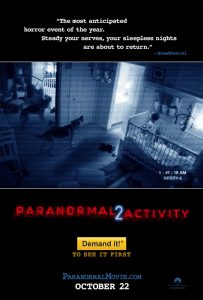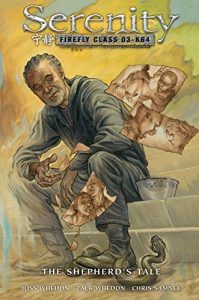Either Kirkman is getting transparent in his old age or I am getting good at seeing through him in mine, but the latest volume of The Walking Dead makes to answer the question I claimed was being raised in the surprisingly recent volume, Life Among Them. That question being (to recap), can Rick and his band make the transition from a life on the run to a life of planned safety, after so very long in the valley of the shadow of brain-eaters? I won’t, of course, tell you the answer, but I have to share the anticipation I felt from the title page, wherein the name of the book was revealed to be Too Far Gone.
Rick’s struggle (really, everyone’s, but as ever he serves as stand-in for the whole group and for the reader alike) to retain his humanity in the face of an increasingly inhuman world is all very interesting, but I feel compelled to talk about the new TV show rather than extensive spoilers I’d otherwise be forced to resort to. It’s good, and it quickly deviates to some degree from the written account, which is honestly preferable for this kind of story, more about characters than story arc. I guess I exaggerated a little, as I mostly want to talk about the effects of the show. I’m very pleased it’s on the recently successful AMC, where a lot of people are catching onto both a dramatic zombie story at a time when the genre has been overplayed to the point of parody and to graphic novels at a time when the surplus of superhero movies, however well made, are making people forget how much more the medium has to offer. I have anecdotal barstool evidence to back this up, too! …er, the part where people are taking the zombies and the graphic novels seriously, is what I mean to say.
So that’s cool, yeah?
 As with previous ongoing Star Wars series,
As with previous ongoing Star Wars series,  When I saw
When I saw  A third[1] graphic novel in the Serenity universe has just recently been released, and I love me my Firefly more than enough to snap it up and into the rotation right quickly. If you are familiar with the universe, the title alone will be all the spoiling you could hope for, and if you are not, this would be a hard (but not insurmountable) place to start. Still, just in case,
A third[1] graphic novel in the Serenity universe has just recently been released, and I love me my Firefly more than enough to snap it up and into the rotation right quickly. If you are familiar with the universe, the title alone will be all the spoiling you could hope for, and if you are not, this would be a hard (but not insurmountable) place to start. Still, just in case,